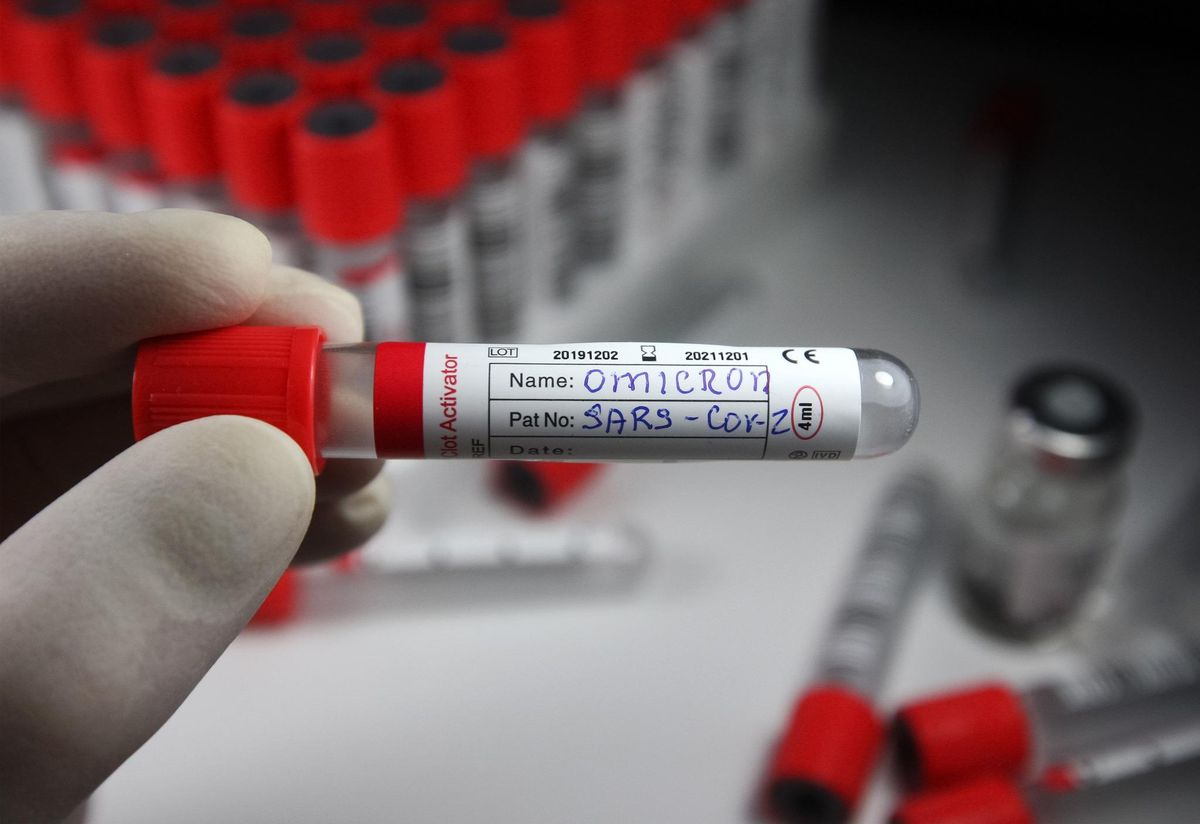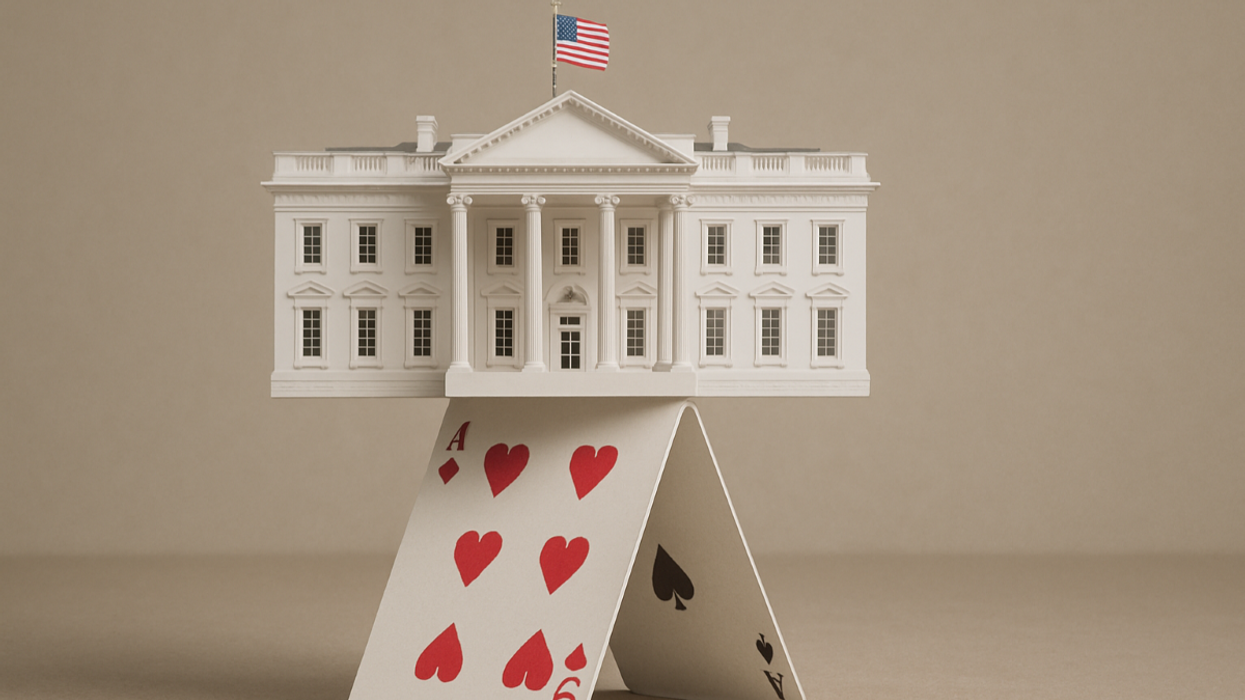We’re being told the ominous-sounding Omicron strain could have devastating consequences and take us back to the throes of March 2020. Or it could not. Maybe it’ll make things better rather than worse! But then again, maybe it won’t…
Really, there’s still an awful lot that we don’t know about this highly-mutated strain now running loose through every continent (except Antarctica, those lucky bastards).
You can watch my initial quick take on Omicron’s impact here (though things have changed a bit since I recorded that on Monday):
This has hurt his effectiveness in Congress, where Democrats are struggling to push his signature spending policies across the finish line. It is also jeopardizing Democrats’ already poor chances in next year’s midterm elections.
Biden has repeatedly said this pandemic is a pandemic of the unvaccinated and the result of President Trump’s “failure of leadership,” but the fact that Americans’ lives are still likely to be disrupted—with travel limited, conferences canceled, and service industries hindered—a year after he won an election on the promise of a “return to normalcy” will be a major headwind for him until this goes away.
Never mind that the federal government has few tools to stop the spread of the virus. Biden’s actions to date—a partial travel ban, new testing and vaccine requirements for travelers to the US, extending a mask mandate on transit, and offering to reimburse the cost of rapid test kits—demonstrate the limits of his powers. His most sweeping proposal, a vaccine or test mandate for large employers, is being challenged in the court and is engendering backlash against him among Republicans and some independents, whose approval ratings for Biden have dropped the most in recent months.
Absent a rapid positive resolution to the Omicron threat, the pandemic will weigh heavily on President Biden’s popularity.
🔔 And if you haven't already, don't forget to subscribe to my free newsletter, GZERO Daily by Ian Bremmer, to get new posts delivered to your inbox.


















